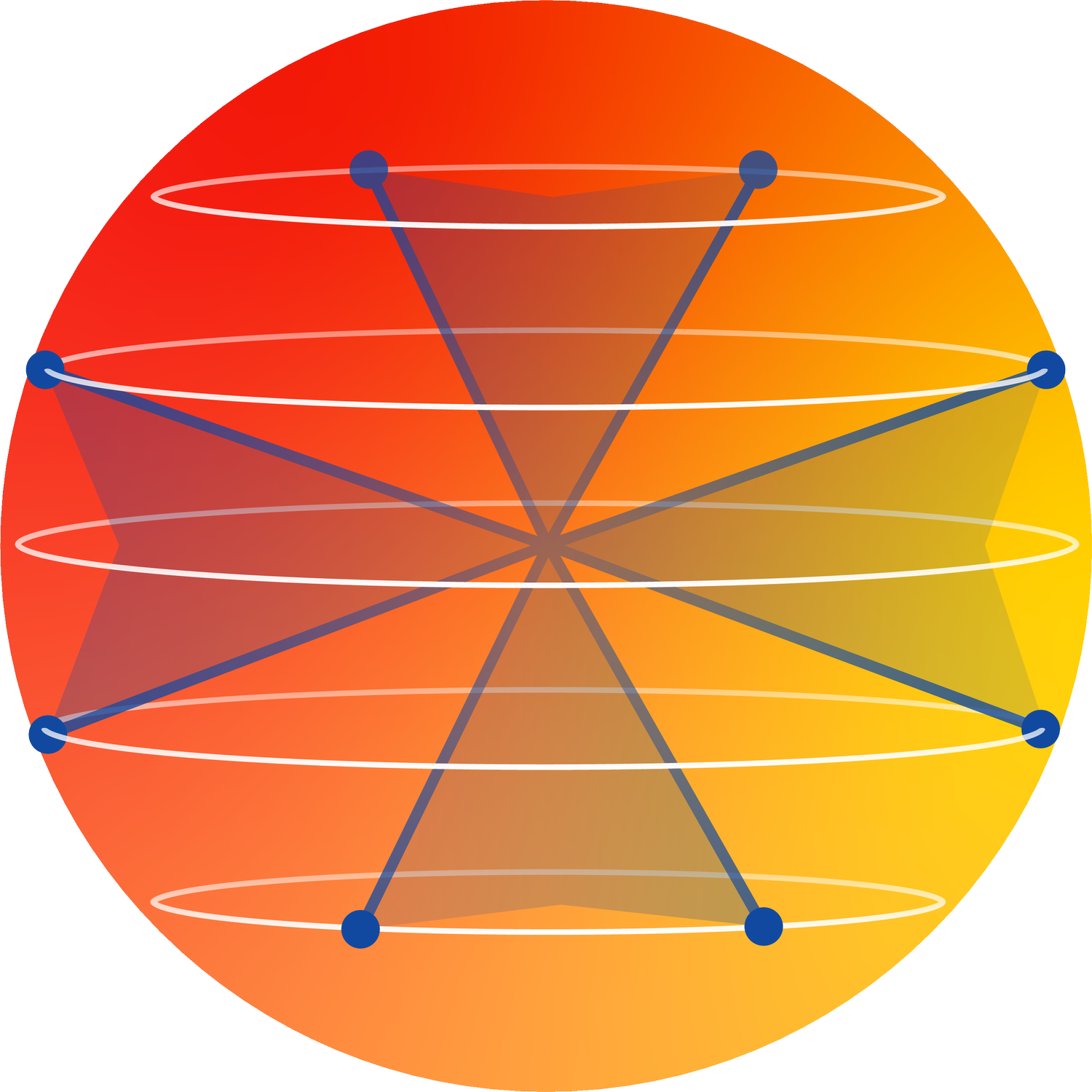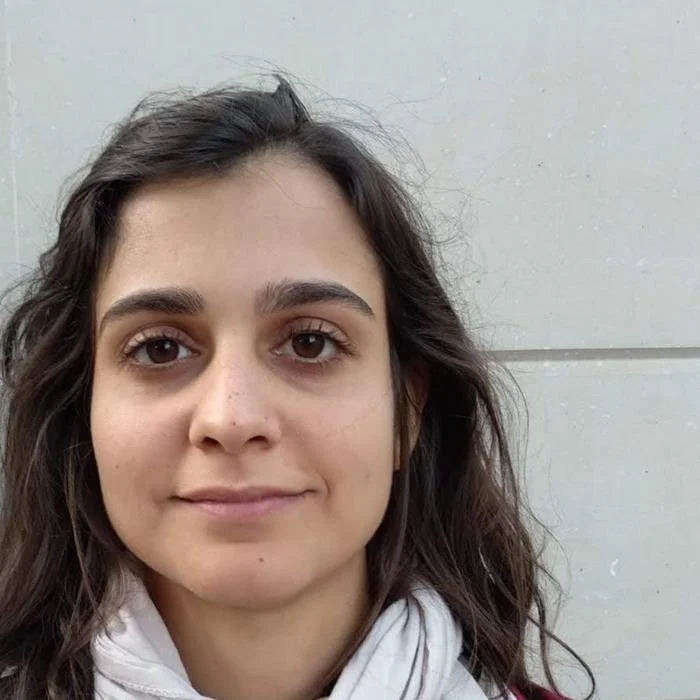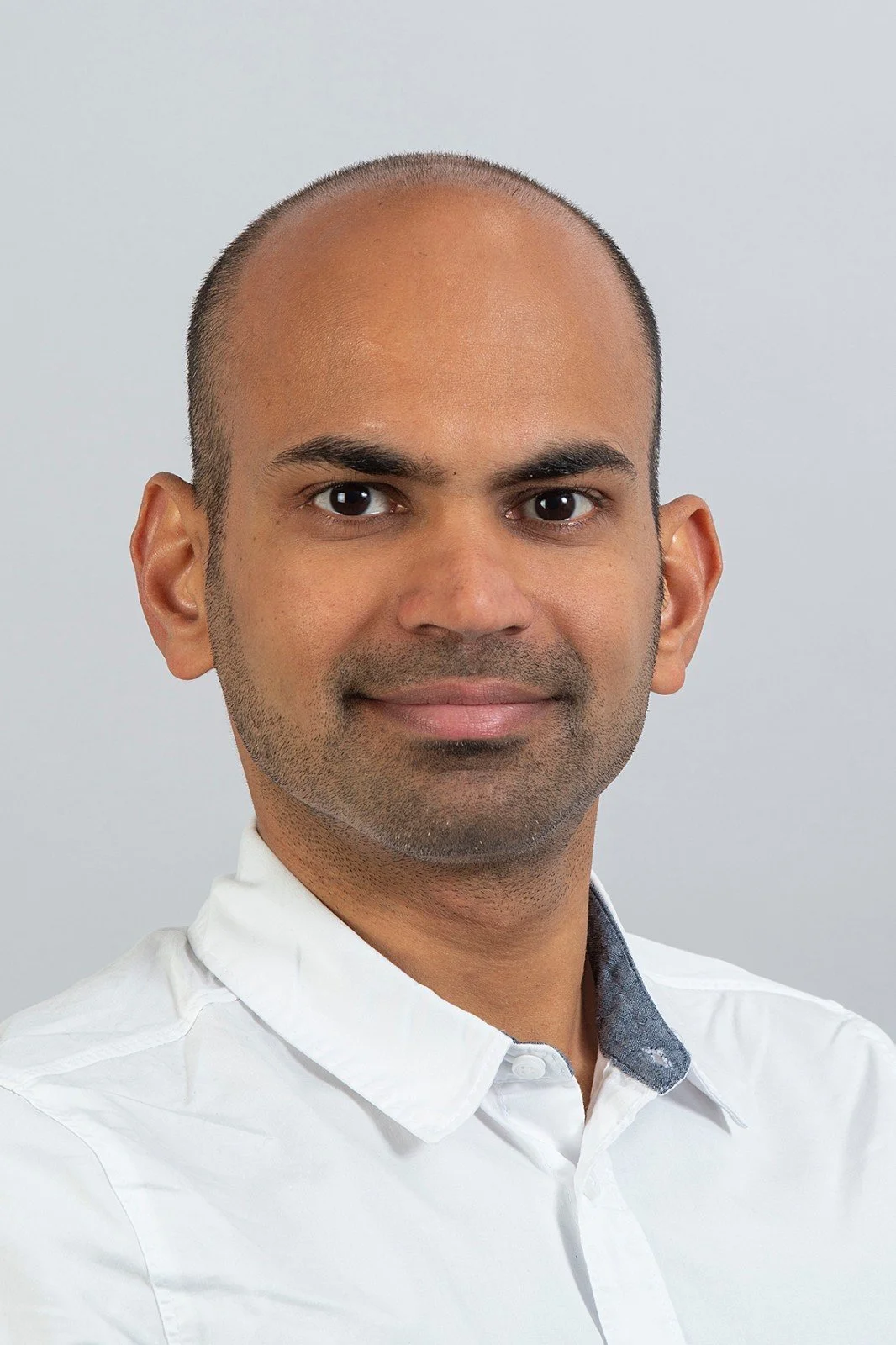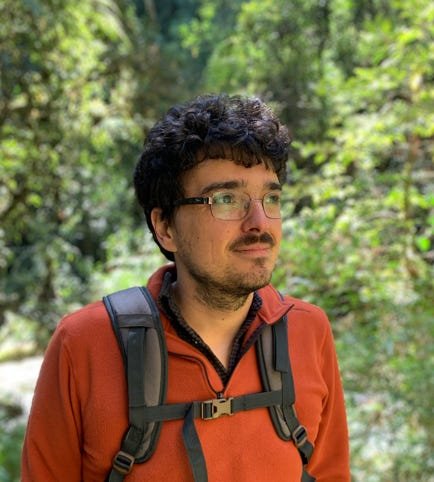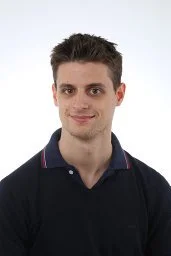Quantum Metrology
-
Together with Prof. Gabriel Landi (UoR) discover what he likes to call "Fisher Physics". The physics of how well one can estimate parameters of a physical system.
His Lectures will be structured as follows :Lecture 1
Classical parameter estimation.
Classical master equations.
Stochastic trajectories. Waiting time distributions & trajectory probability.
Fisher information in a stochastic trajectory.
Lecture 2
Quantum master equation, introduced through simple examples.
Quantum jumps (introduced intuitively, without going into Kraus operators).
Connection with Hidden Markov models & emitted symbols.
Waiting time distribution. Dyson series.
Gammelmark-Mølmer Fisher information. Essentially postulate the result, and compare with the classical case.
-
Prof Anja Metelmann (KIT) will teach us how to classify and think about noise when estimating parameters. As well as what physical gadgets and techniques we can come up with to face this noise, in the form of parametric amplifiers.
Quantum Thermodynamics
-
Dr Giacomo Guarnieri from Universita di Pavia will begin by walking us through the basics of quantum thermodynamics in his first lecture. In his second lecture he will introduce us to Thermodynamic Uncertainty relations, fabled inequalities that related the entropy produced in a process to how precise it is at estimating some parameter.
Lecture 1Heat, work and entropy in open quantum systems.
Equilibrium Quantum Thermodynamics: the first and second law.
Towards non-equilibrium quantum thermodynamics: the two-point measurement scheme.
Detailed and integral fluctuation relations.
Lecture 2
Thermodynamic Uncertainty Relations (TUR): what are they, why are they relevant, what are their implications.
TUR from fluctuation relations: a stochastic thermodynamic - based derivation.
TUR from Cramer-Rao bound: a quantum information - based derivation.
Conclusions and outlooks.
-
Dr Ralph Silva has been working with Quantum Thermal Machines, small quantum systems capable of doing some task, like cooling or keeping track of time - since the start of his PhD.
In his lectures, he will present a unifying perspective for how to think about the thermodynamics of classical and quantum machines. As well as the resources that make them efficient or precise at the task they are capable of.
Lecture 1: The structure and dynamics of quantum clocks and quantum classical machines:Non-disturbance & the Koashi-Imoto decomposition
Coarse-grained dynamics, self-timing & the Lindbladian operator
Clockwork-independence & the ticking graph
Translation invariance & asymptotic stationarity
Thermodynamic reversibility & irreversibility
Reset clocks, the Poisson process
Lecture 2: Resources & performance of quantum clocks
Clock outputs: time estimators, tick currents, waiting times
Performance measures: frequency, precision, entropic measures
Resources: post-processing, dimension, entropy dissipation, coherence, rates
Review of existing results
Bonus [time-permitting]: clock examples (ladder clock, thermal engine)
Quantum Error Correction
-
Dr Philippe Faist from the Frei Universität Berlin has managed to contribute to many current topics in quantum physics. From Quantum Thermodynamics, to Quantum Error Correction and Metrology. That's why we thought he would be the perfect choice to introduce Quantum Error Correction.
You can find his lecture notes on Quantum Error Correction atThe Knill-Laflamme conditions
The stabilizer formalism and the CSS construction
The surface code
Applications of error correction to metrology: covariant codes, reaching the Heisenberg limit, and metrological codes
-
Now a postdoc in Berlin, Dr Armanda O. Quintavalle has been working at the cutting edge of Quantum Error Correction since the start of her PhD.
She will give us a tour of recent emerging topics in quantum error correction. In particular :Codes with multiple logical qubits: hypergraph codes and the search for good codes
Clifford group and universality, logical operations
The decoding problem
Philippe Faist
Ralph Silva
Giacomo Guarnieri
Anja Metelmann
Gabriel Landi
Armanda Quintavalle
Import the calendar to your gmail account with the bottom right button
